The 1980s gave us some of the most iconic songs in music history, but not every hit has aged gracefully. As societal norms and values have evolved, so too have expectations for the themes and language used in popular music. Some songs that once dominated the airwaves now feel out of step with today’s cultural climate. Whether due to controversial lyrics, insensitive portrayals, or themes that no longer resonate in the same way, these tracks likely wouldn’t see the light of day if released now. Here are 10 unforgettable songs from the ’80s that reflect a different era of pop music and cultural attitudes.
1. “Money for Nothing” by Dire Straits (1985)

This Grammy-winning rock anthem was beloved for its biting commentary on the music industry and its unforgettable guitar riff. However, a particular lyric containing a slur, used satirically to reflect a character’s perspective, has made the song increasingly controversial. While Mark Knopfler’s intent may have been misunderstood by some listeners, that nuance is often lost today. Even in its heyday, the line sparked debate, but contemporary audiences are far less tolerant of language that can be perceived as offensive.
Despite the controversy, “Money for Nothing” remains a touchstone of ’80s rock, embodying the excess and envy that defined the decade. Its commentary on fame and fortune is still relevant, but the language used to deliver that message would almost certainly be rewritten today. The song’s legacy is a testament to the shifting line between artistic expression and social accountability.
2. “Some Girls” by Rolling Stones (1978)
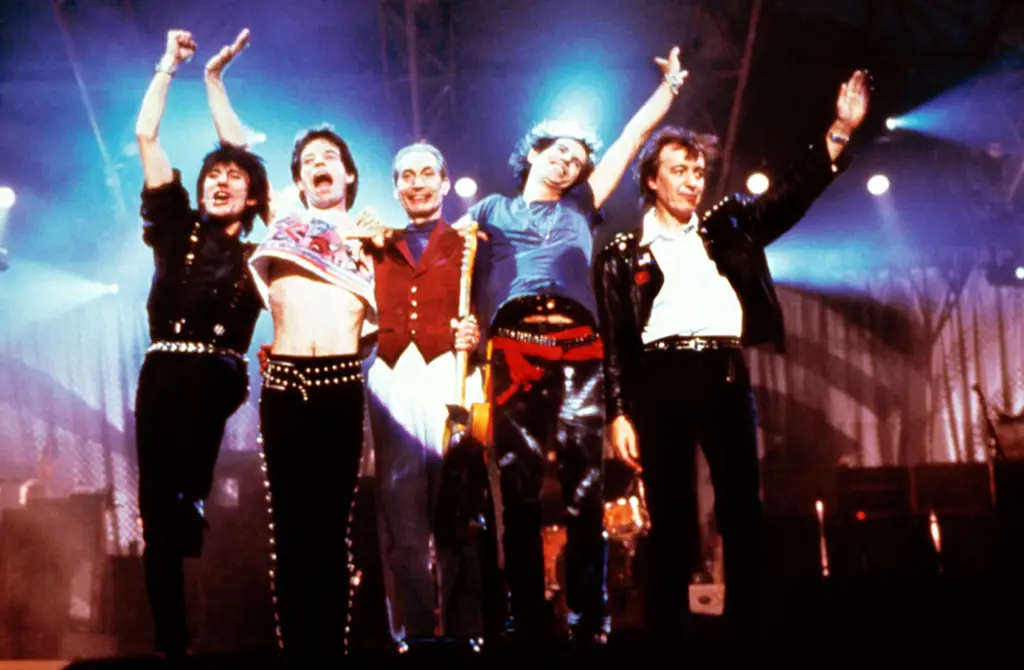
Although technically released in the late ’70s, “Some Girls” was a fixture of the ’80s music scene, particularly during the Rolling Stones’ tours of the decade. The song’s provocative lyrics about women from various ethnicities were intended to be tongue-in-cheek but come across as reductive and stereotypical by today’s standards. Mick Jagger defended the lyrics as satire, but the track remains polarizing.
While the raw energy of the music helped cement the Stones as rock legends, “Some Girls” is a reminder of how humor and satire can age poorly. In a modern context, its lyrics would likely invite significant backlash, overshadowing its musical merits. The track’s enduring popularity underscores how much cultural attitudes have shifted since its release.
3. “Illegal Alien” by Genesis (1983)

Genesis brought a sense of theatricality to their music, but “Illegal Alien” strikes a dissonant chord today. The song depicts the struggles of an undocumented immigrant with a comedic tone that many now find offensive. While the intent may have been to highlight systemic issues through satire, the exaggerated accents and stereotypes overshadow the message.
Despite its upbeat rhythm and catchy melody, “Illegal Alien” has become one of Genesis’s more controversial tracks. In today’s political and social climate, such a portrayal would likely be deemed tone-deaf and out of touch. The song serves as a reminder of how attempts at humor can sometimes miss the mark when addressing sensitive topics.
4. “Don’t Stand So Close to Me” by The Police (1980)

This hauntingly catchy song explores the uncomfortable dynamic of a teacher’s inappropriate feelings for a student. While Sting’s lyrics tread carefully and avoid explicit details, the subject matter itself would raise eyebrows today. In the early ’80s, the song was seen as provocative but not outright unacceptable. Now, with greater awareness around boundaries and power dynamics, a track with this theme might never leave the studio.
“Don’t Stand So Close to Me” remains a compelling piece of storytelling, but its inclusion in modern playlists often prompts more discussion than admiration. The Police’s ability to create tension through music is undeniable, but this track’s legacy is complicated by its subject matter.
5. “Turning Japanese” by The Vapors (1980)
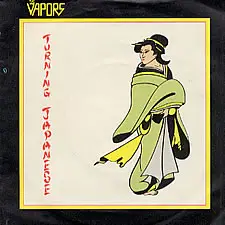
This one-hit wonder was celebrated for its quirky new wave energy and infectious chorus, but its lyrics have sparked debate for decades. The phrase “turning Japanese” has been interpreted by some as perpetuating stereotypes, despite the band’s claims that the song is about emotional intensity. Even with its upbeat tone, the title alone would likely raise concerns in today’s cultural climate. The Vapors’ catchy melody ensured the song’s place in pop history, but its broader themes feel increasingly out of sync with modern sensibilities.
While some defend it as harmless fun, others argue that its portrayal of cultural identity lacks nuance. It’s a song that captures a moment in time but would struggle to find a receptive audience today.
6. “Relax” by Frankie Goes to Hollywood (1983)
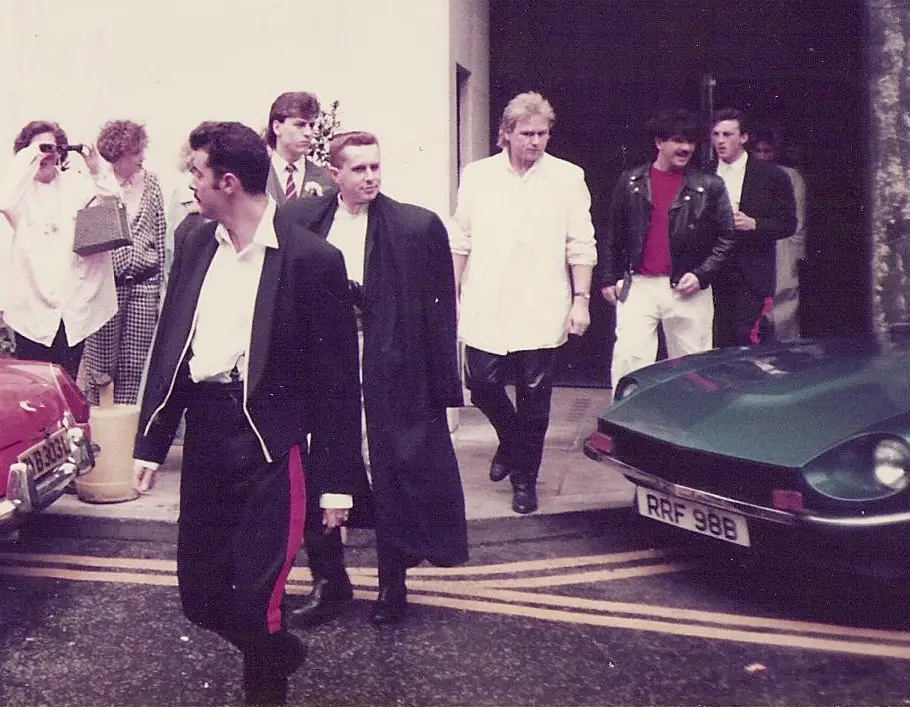
“Relax” was a trailblazer in pushing boundaries with its provocative lyrics and bold themes. While the song achieved massive success, it was also banned by several radio stations due to its suggestive content. The ambiguity of its lyrics allowed for multiple interpretations, but its overt tone would likely face even more scrutiny today.
Despite the controversy, “Relax” remains a quintessential anthem of the ’80s, embodying the decade’s fearless embrace of self-expression. Its pulsing beat and commanding presence continue to inspire artists, but a modern release would likely tone down its more contentious elements to appeal to broader audiences.
7. “One in a Million” by Guns N’ Roses (1988)
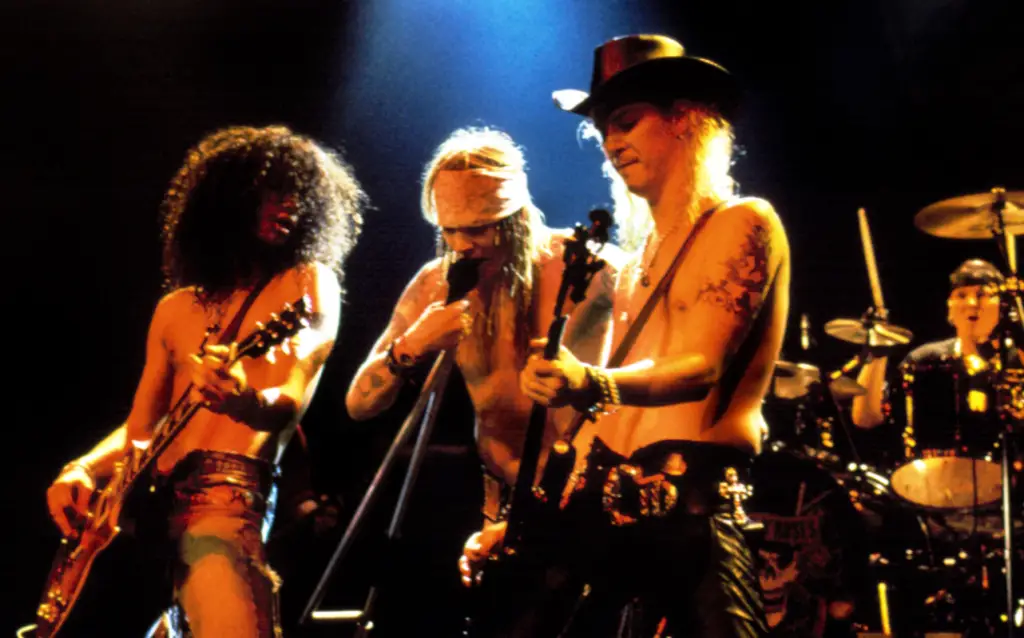
This track from G N’ R Lies sparked immediate controversy for its lyrics addressing immigration, crime, and social issues. Axl Rose claimed the song reflected his personal experiences, but the language used was divisive even in the ’80s. Today, such polarizing content would likely be deemed unacceptable for mainstream release. Musically, the track exemplifies the raw energy that defined Guns N’ Roses, but its lyrics overshadow its artistry.
“One in a Million” serves as a reminder of how much the music industry has changed in addressing sensitive topics. Its legacy is a complex mix of rebellion and regret.
8. “Undercover of the Night” by The Rolling Stones (1983)
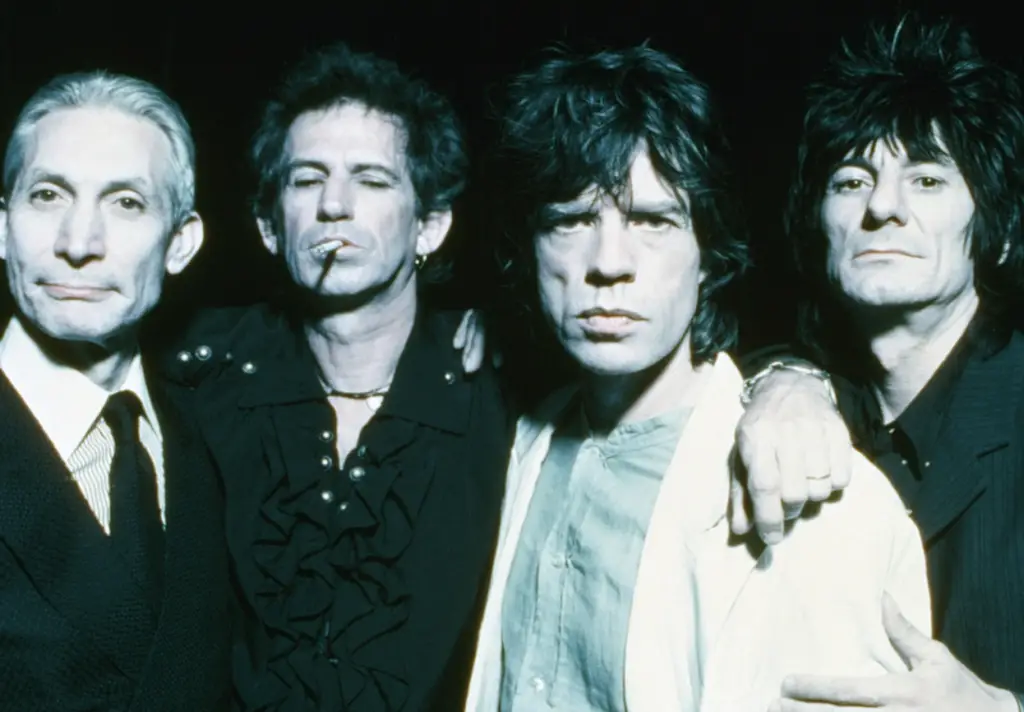
This politically charged track tackled themes of corruption and violence in Latin America, making it one of the Stones’ edgiest songs. However, its graphic imagery and dark themes would likely make it a tough sell today. The accompanying music video, which featured violent scenes, only added to its controversial reputation. “Undercover of the Night” showcases the Stones’ willingness to push boundaries, but modern audiences might find its approach overly sensational.
While the song’s commentary remains relevant, its delivery feels more jarring in today’s cultural landscape. It’s a track that exemplifies how art can provoke but also polarize.
9. “Suicide Solution” by Ozzy Osbourne (1980)

This haunting track drew immediate criticism for its title and themes, with some accusing it of glorifying suicide. Ozzy Osbourne has long insisted that the song is a cautionary tale about alcohol abuse, but its ambiguity left it open to misinterpretation. In today’s world, with heightened awareness around mental health, such a song would likely face calls for greater clarity and sensitivity.
Despite the backlash, “Suicide Solution” remains a powerful piece of Ozzy’s solo career. Its dark tone and raw emotion make it unforgettable, but the controversy surrounding its message highlights the importance of clear communication in addressing sensitive issues. The song’s legacy is both impactful and cautionary.
10. “Chinese Rock” by The Ramones (1980)
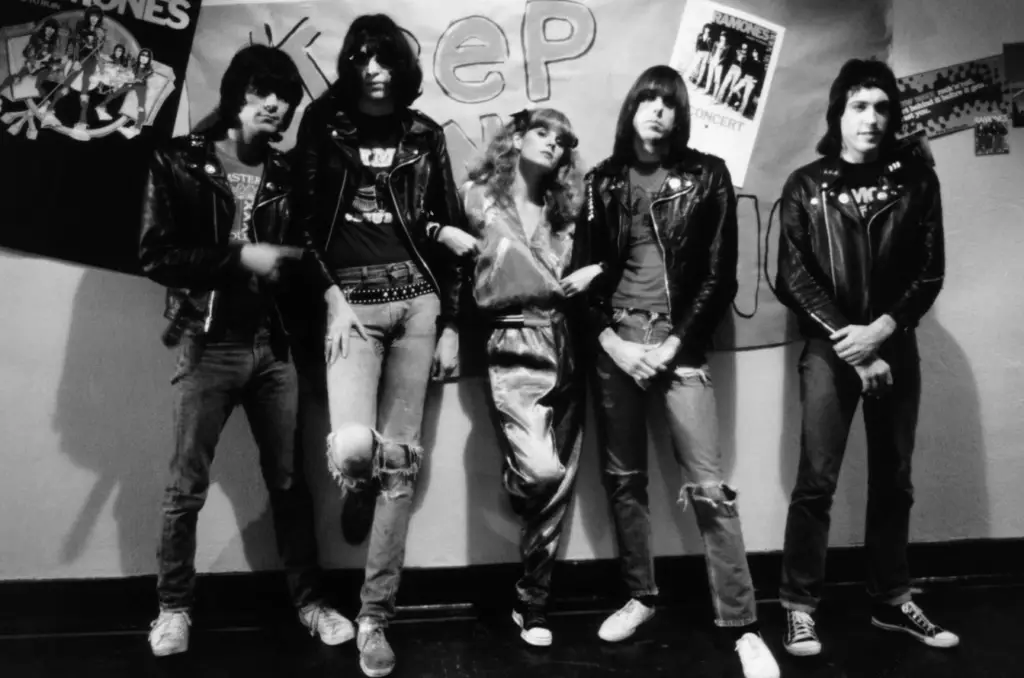
Written about the heroin epidemic, this punk anthem offers a stark portrayal of addiction’s grip. While its raw honesty resonated with fans, the glorification of certain aspects of drug culture would likely spark criticism today. Songs tackling substance abuse now tend to frame it through a lens of recovery and awareness rather than rebellion.
“Chinese Rock” captures the unfiltered energy of the punk scene, but its approach feels at odds with modern perspectives on addiction. It’s a track that reflects the era’s willingness to confront difficult topics, though its legacy is complicated by changing attitudes toward its subject matter. The song remains a gritty reminder of punk’s fearless authenticity.


